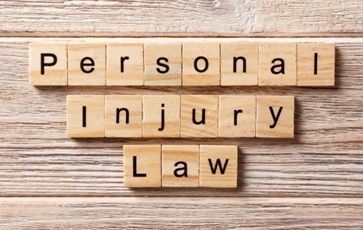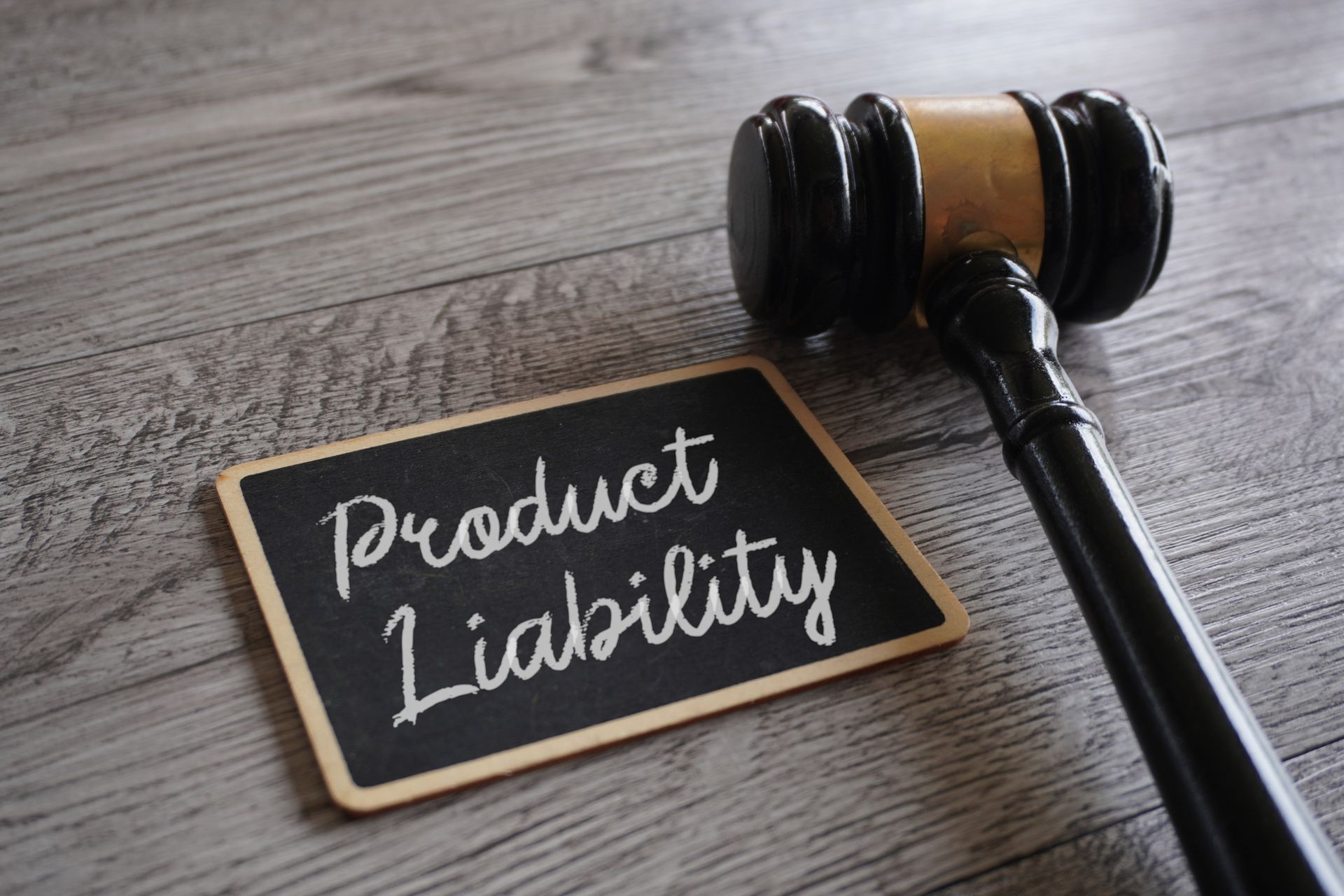
Relying on a skilled nursing facility to care for your parent, grandparent, or other loved one is a hard decision. You want to give them the best care and protect them from any harm - both intentional and unintentional. But you can't be there all the time to watch over them yourself either.
So how can you help protect them wherever they may be living? Here are five tips to put into practice before, during, and after choosing a skilled nursing facility.
1. Research Facilities First
The first step in keeping your family member or friend safe is to learn all you can about potential care facilities. Check with your state's oversight agencies - which in Texas includes the Department of Health and Human Services - regarding complaints both filed and substantiated. Research facility ratings and reviews at online sites. And visit the facilities yourself for a thorough tour.
Ask about training of care team members, staff-to-patient ratios, and therapies offered. Talk to other residents if possible, and get recommendations from friends and family who've been through this process.
2. Investigate Safety Features
Modern care and technology allows facilities to actively protect patients from harm. Ask what safety measures are in place to prevent or manage specific scenarios, such as keeping track of residents or preventing falls.
How are medications protected and dispensed correctly? What procedures are in place to prevent residents from harassing other residents? Who should residents or family contact when they need assistance? How are family members kept updated on the patient's status?
3. Know Your Rights
Familiarize yourself and the patient about the rights they have as a resident - either long- or short-term - of a nursing facility. When you and your loved one know what you should expect, it's easier to say no to improper behavior and to report it.
Medicare, which covers much of the costs of short-term nursing home stays, provides guidance about each patient's rights. For example, the person generally has the right to be free from restraints, to be involved in care decisions, to have privacy, and to communicate openly.
4. Visit Often and Unexpectedly
The more involved that family and friends are, the more they can be aware of any problems and prevent bad behavior. Not only does involvement help you and your family keep aware of any changes in the patient's behavior, physical appearance, and health, but it also helps the patient emotionally.
Make a point of meeting and chatting with care providers, including nurses, CNAs, LPNs, and administrators. They will be more aware that your family is alert, available, and actively involved in the person's care.
Residents at nursing facilities have the right to receive visitors at reasonable times, so make use of this by stopping in at unexpected times. Varying visiting hours and days helps ensure that you know what's really going on. If possible, arrange a schedule for family or friends to take turns making visits.
5. Get an Attorney If You Have Problems
If you suspect any kind of elder abuse, fraud, or neglect, act quickly to resolve the issue with an attorney. Nursing home staff generally try to care well for their residents, but they are also busy and often understaffed.
Staff may not take the time and attention to respond well to your requests or needs, or they may not have sufficient policies in place to get what you need. And occasionally, there may be bad apples in the bunch that you must protect your loved one from.
Don't wait before engaging with a qualified elder law attorney. Time is of the essence in cases of active neglect, physical abuse, mental suffering, or financial fraud. At the Law Offices of Janice Maloney
, we can help with whatever you need to protect your entire family.




